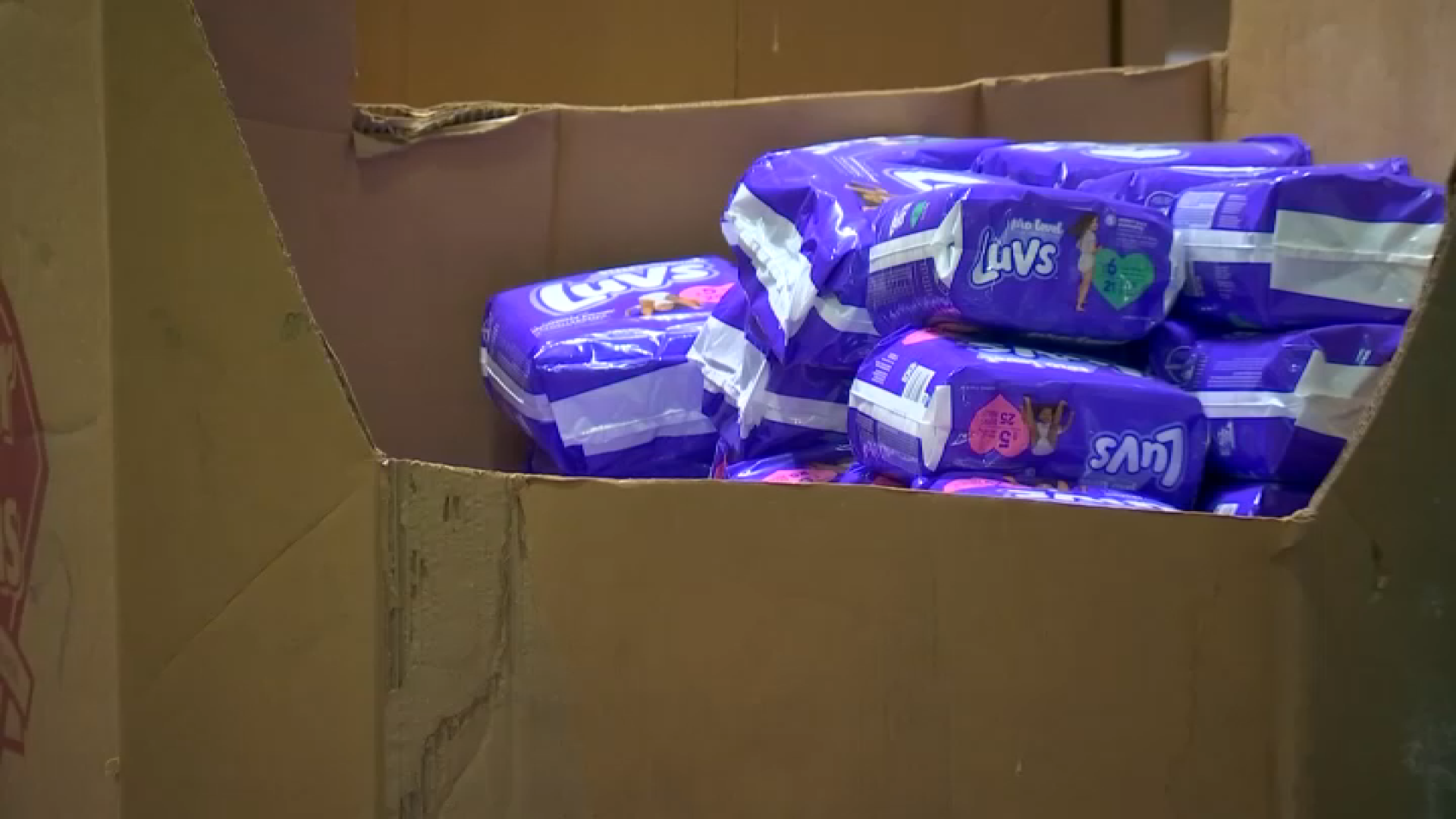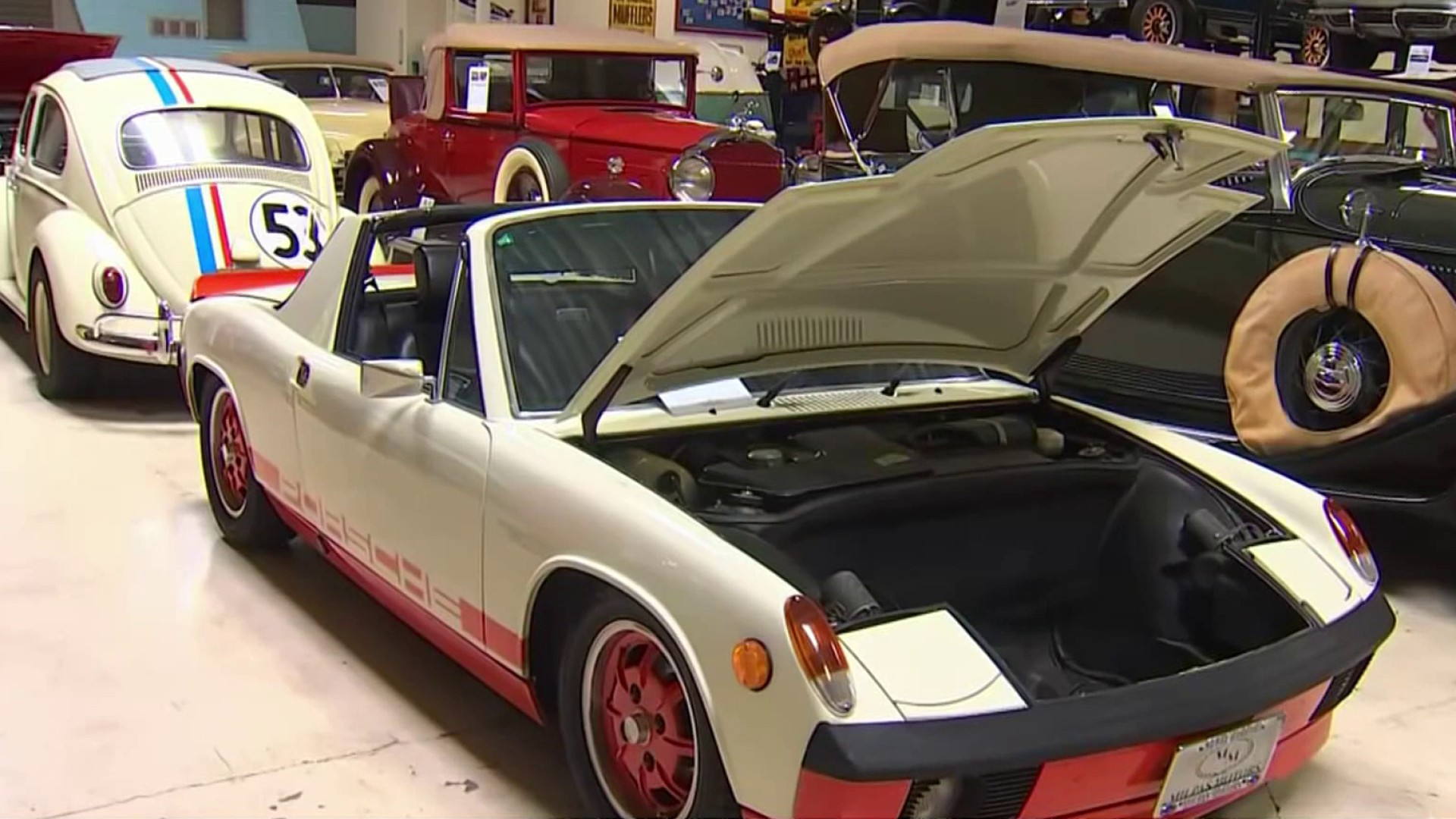With Armenian Genocide Remembrance Day on Sunday, April 24, LA's Armenian-American community has about a million stories to tell.
And one team of USC researchers wants to record as many of them as possible.
To get the first-hand accounts, they're gone mobile, documenting testimony in a renovated yellow food truck.
"We say, 'Get in the truck and tell your story,'" said Shushan Karapetian, the deputy director of the USC Institute of Armenian Studies.
Get Southern California news, weather forecasts and entertainment stories to your inbox. Sign up for NBC LA newsletters.
Their ride, a repurposed yellow taco truck, allows them to reach various local Armenians and record their stories on the go.
"They say, 'My story? I'm not a community leader,'" said Karapetian.
But she says no story -- no matter how small -- is insignificant.
Local
Get Los Angeles's latest local news on crime, entertainment, weather, schools, COVID, cost of living and more. Here's your go-to source for today's LA news.
Armina Gharpetian gave her interview on a warm morning in Glendale where she serves on the school board.
She said the war in Ukraine has brought genocide back into the headlines. And it's one of the reasons USC's effort to record hers and others' stories is important.
"And we always say, 'History repeats...' It will happen again," said Gharpetian.
Over 100 years ago, Armenians were victimized by genocide during World War I.
As a result, millions fled Europe, forming the thriving Armenian communities around the world today; like one in Southern California.
The question on everyone's mind: Will Ukraine be next?
"If you can have a cautionary tale by the Armenian experience, by all means, let that serve whatever purpose it is," said Karapetian.
However, the true purpose of the truck -- and the dozens of stories already digitally stored and catalogued by the group -- is to record the first-person accounts of the Armenian-American experience; from the good to the bad to the inspirational.
Dr. Karapetian calls it, the "shared human experience."
Glendale Mayor Ardy Kassakhian wants future generations to look at all the stories for inspiration. A successful politician himself, he doesn't just mean his own story, but those of the community members making a difference each day.
"By learning what brought Armenians here, we're also learning what keeps bringing people to the United States," he said.
Researchers say you don't have to be ethnically Armenian to participate. Just that you need to have a story you're willing to share.
If unable to visit their truck in person, you can also scan a QR code and it'll take you to a website where responses can be uploaded.



